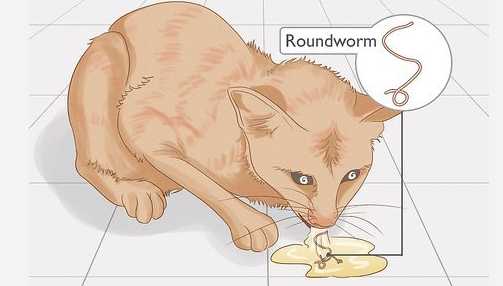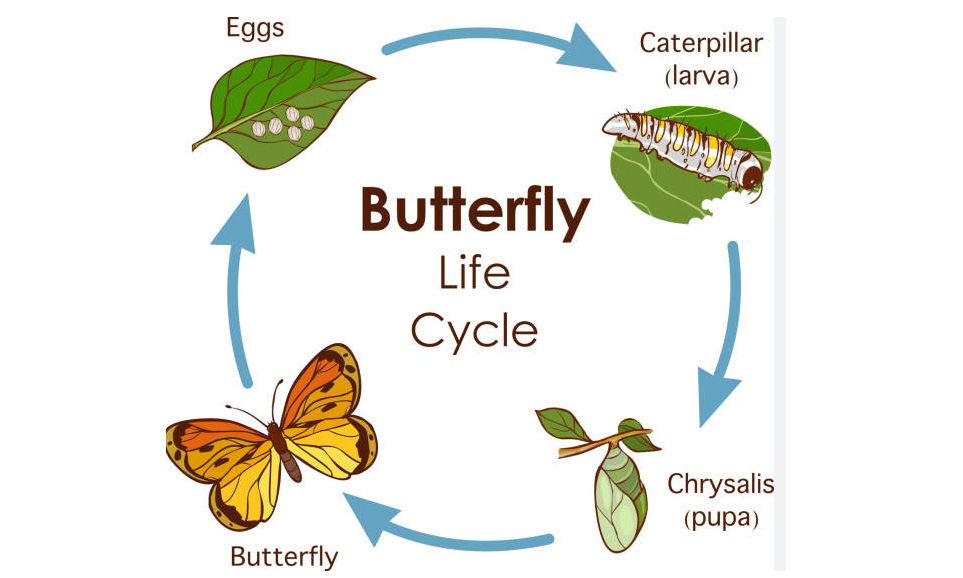Understanding Roundworms in Cats: A Pet Owner’s Guide
Roundworms are a common parasite that can affect cats of all ages, making it essential for pet owners to be informed. While roundworm infections may sound alarming, understanding their symptoms, transmission, and treatment options can help you keep your feline friend healthy and happy.
Symptoms of Roundworm Infection
Recognizing the signs of a roundworm infection is the first step in protecting your cat. Common symptoms include vomiting, diarrhea, and a noticeable bloated belly. In severe cases, you might even see worms in your cat’s stool or vomit, which can be quite alarming. Other signs may include lethargy and a poor coat condition. If you suspect your cat has roundworms, consult your veterinarian for further evaluation and assistance.
How Cats Get Roundworms
Cats primarily contract roundworms through ingestion of eggs found in contaminated soil, feces, or even through eating infected rodents. Kittens can also be infected while nursing if their mother has roundworms. Given how curious and playful cats are, it’s not uncommon for them to encounter these parasites in their environment. Making sure to maintain good hygiene and regular worming treatments can greatly reduce the risk of infection.
Treatment and Prevention
Treating roundworm infections is usually straightforward, involving a prescription deworming medication from your veterinarian. It’s crucial to follow the treatment plan, as incomplete treatment can lead to reinfestation or complications. Additionally, implementing a routine preventive care plan, including regular vet check-ups and maintaining a clean living environment, can help reduce the risk of future infections. Preventing your cat from hunting or roaming in high-risk areas can also be an effective strategy.
Conclusion
Being aware of roundworms and their potential impact on your cat’s health is vital for every pet owner. By recognizing symptoms, understanding how these worms are transmitted, and implementing effective preventative measures, you can help ensure your cat stays healthy and worm-free. For more information about roundworms or to schedule a check-up, don’t hesitate to reach out to your veterinarian!




